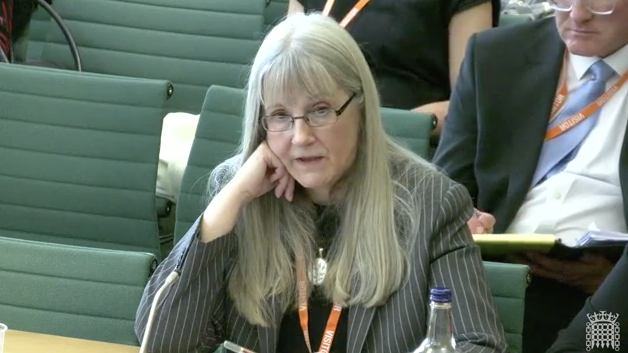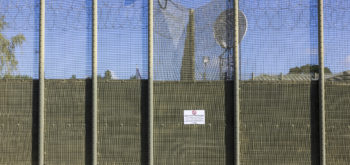An interim chair has been finally identified for the Criminal Cases Review Commission – although a name has yet to be released. The crisis at the troubled miscarriage of justice watchdog deepened this week, after the former solicitor general, Lord Edward Garnier KC highlighted misleading evidence given to MPs last month by the CCRC’s chief executive. ‘Has the time not come for the decision on who should be the next chair of the CCRC to be made not in the near future but today?’ the Conservative peer asked. ‘It is unravelling quickly, and there will be more Malkinsons and more cases of that hideous nature unless the Government really grab hold of it and take charge.’
In response, the justice minister, Lord Ponsonby of Shulbrede revealed that an individual has been ‘identified’ andan announcement would be made ‘imminently’. Andy Slaughter, chair of the House of Commons’ justice committee had previously asked for his committee to be involved in that process. Over the weekend, Emily Dugan now writing for the Sunday Times revealed the CCRC’s chair Karen Kneller faced two accusations of misleading MPs in her account of the watchdog’s response to fallout over its bungling of the Andrew Malkinson case. ‘Karen Kneller misled Parliament,’ Chris Henley KC, author of a CCRC commissioned review into the case told Dugan. ‘Her answers to the select committee were thoroughly inaccurate.’
Chris Henley submitted his report at the end of January 2024 but to his frustration it was not published until July after, according to Dugan, ’protracted attempts to water it down’. Kneller told the MPs the delay was necessary because of ‘typographical errors and some factual issues’. Henley insisted there were no such errors and, instead, efforts were made to ‘soften’ the language. The KC said Kneller had ‘mislead’ the committee ‘whether deliberately or not’. ‘It was very sloppy at best,’ he added.
At the bruising justice committee session, Kneller was also asked about the resignation of a crisis communications consultant, Chris Webb hired by Kneller to help with the fallout from the Malkinson case. Kneller denied the he had left over concerns about the CCRC’s response to the Henley review. His resignation letter has now been shared with the committee. It reads: ‘I have grave concerns that the non-publication of the Henley report in the immediate future, brings considerable risks to the reputation of the commission and the chairman. It also means that the CCRC has not followed through on undertakings given to Andrew Malkinson … I am sure you understand that it is untenable for me to be party to decisions and actions that I can no longer agree with or support.’
It seems that the government might revisit the scandalous lack of compensation arrangements which the Justice Gap has highlighted for years. The cross bench peer Baroness Ruth Deech challenged the government: ‘Does it not add insult to injury that, after a person has spent the whole of their life wasted in jail, they do not get immediate compensation as soon as they are released?’ Baroness Deech argued that there should be no cap on the compensation. She added: ‘It should be given absolutely immediately so that the person emerging from prison has something to fall back on. We cannot let them loose on the streets with no compensation.’
Lord Ponsonby said that Government were ‘actively looking into the concerns raised about the compensation cap and will provide an update on that matter in due course’. He promised to ‘prioritise’ his application because of the length of his prison sentence.
The debate was called by the Lib Dem peer Lord Marks of Henley-on-Thames who asked that, following last week’s exoneration of Peter Sullivan after 38 years in prison, what assessment they have made of performance of the CCRC ‘in dealing with cases of miscarriage of justice quickly and decisively’. Lord Ponsonby expressed his sympathies for Peter Sullivan as well as Diane Sindall’s family. ‘MoJ officials hold regular meetings with the CCRC executive to monitor the organisation’s performance, and they use a range of factors, including case review timeliness, to do so,’ he replied. ‘The CCRC has a target of completing 85% of cases within 12 months of receiving them. The most recent annual report, which covers the financial year 2023-24, shows that it met or exceeded this target in 10 months out of 12.’ An answer that is not likely to satisfy critics of the CCRC who have highlighted its low number of referrals.
Concerns have been repeatedly been raised about the CCRC’s KPIs (including at the recent justice committee session) which are almost all focused on the watchdog dealing with cases within deadlines and, effectively, closing down cases without assessment of the quality of its reviews which might lead to successful referrals.







